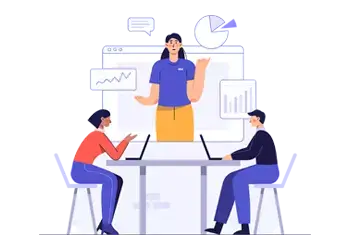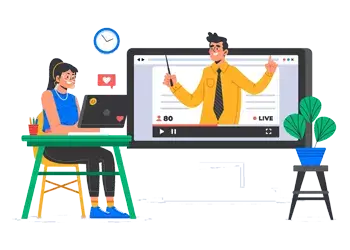
Advanced Certification in Java
Ranked #1 Java Training Institute with Placements.
Besant Technologies provides the Best Java Training in Chennai, Bangalore & Online with 100% placements. Learn Java programming from Basics to Advanced and get real-time experience.
- Enroll Now for Trending Courses with Job Assurance
- 15+ Years experience in Software Training & Placements
- 20+ Branches in Chennai & Bangalore
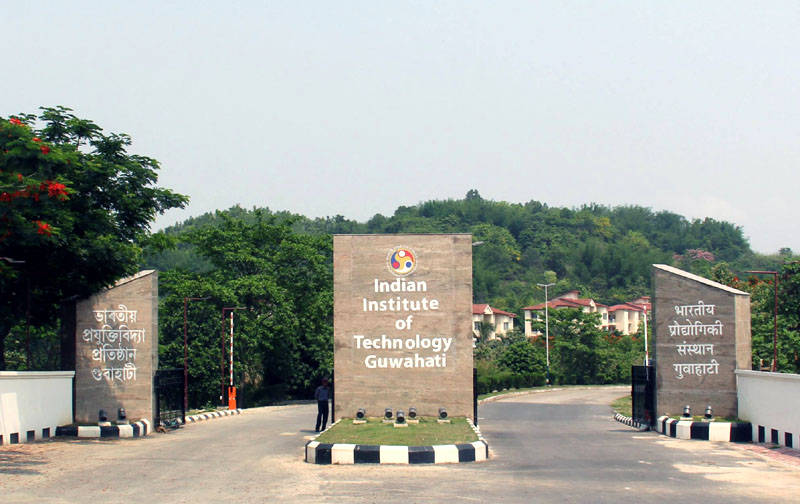
15.1k Learners

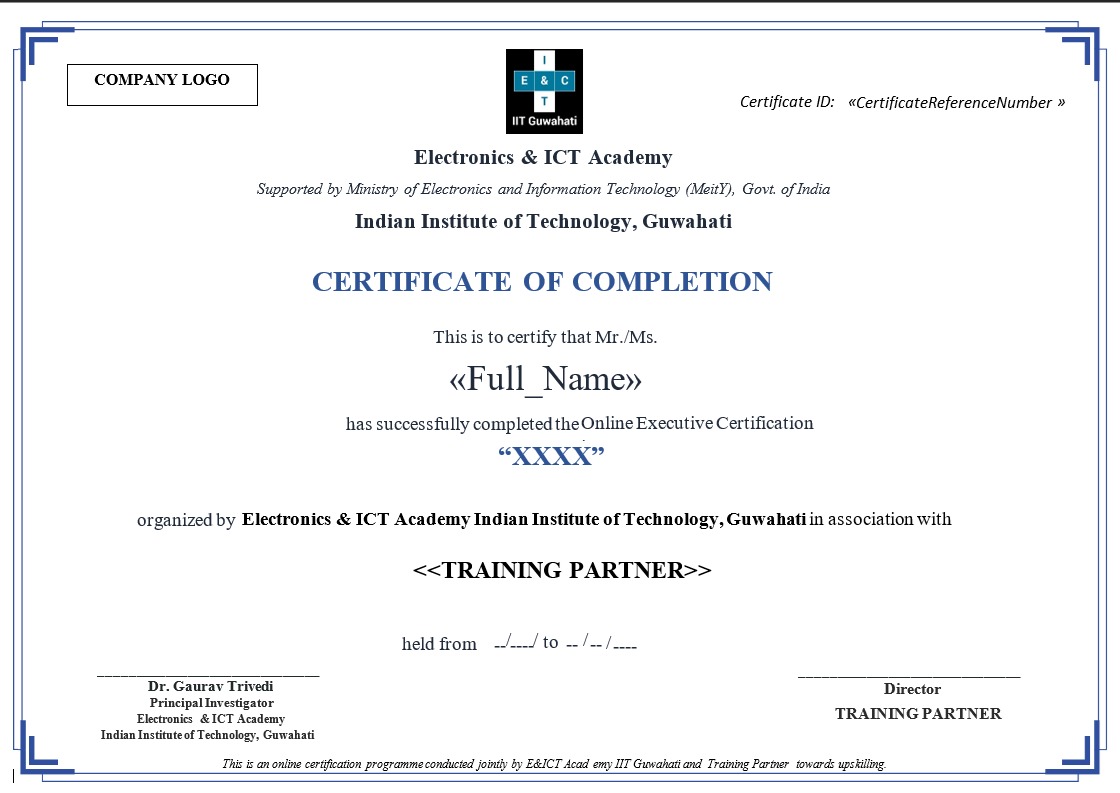 E&ICT, IIT Guwahati
E&ICT, IIT Guwahati
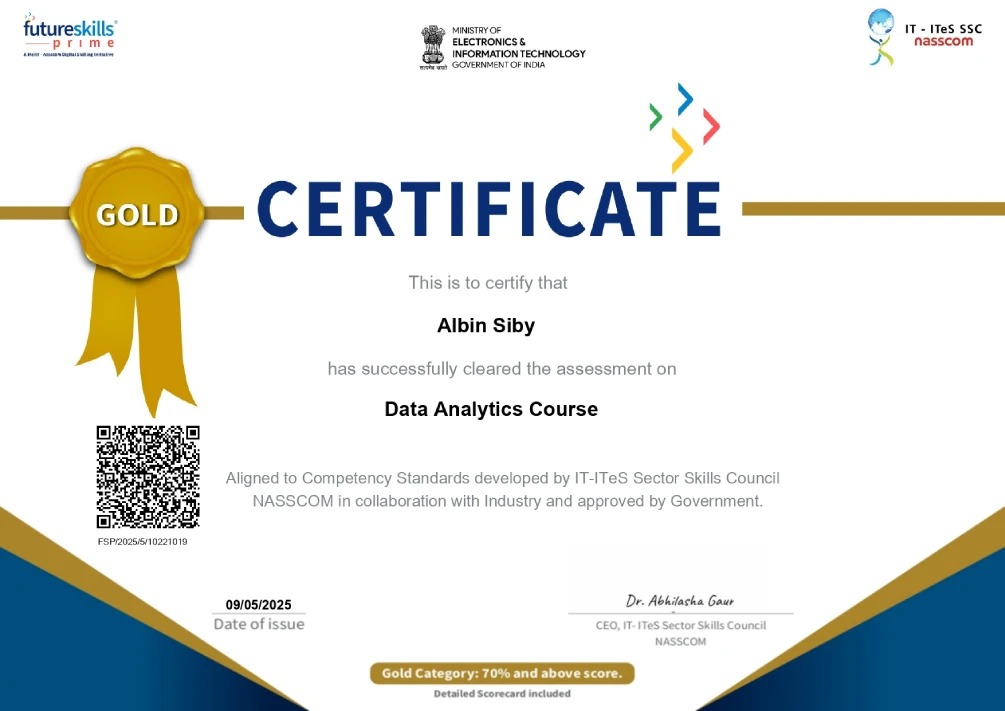 NASSCOM Future Skills
NASSCOM Future Skills
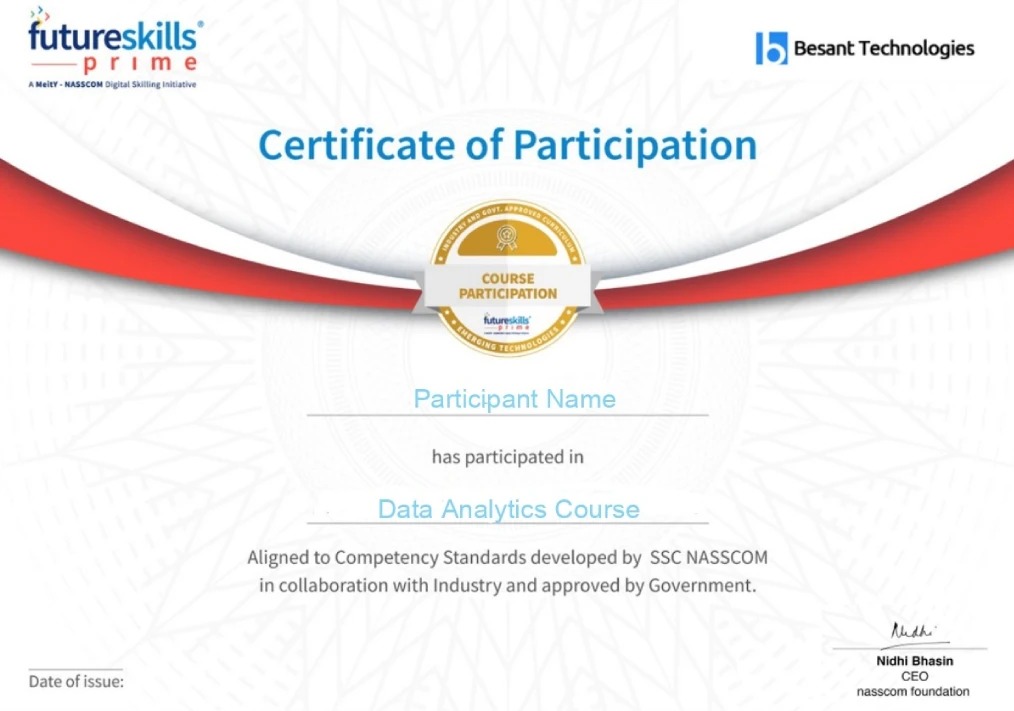 Certificate of Participation
Certificate of Participation
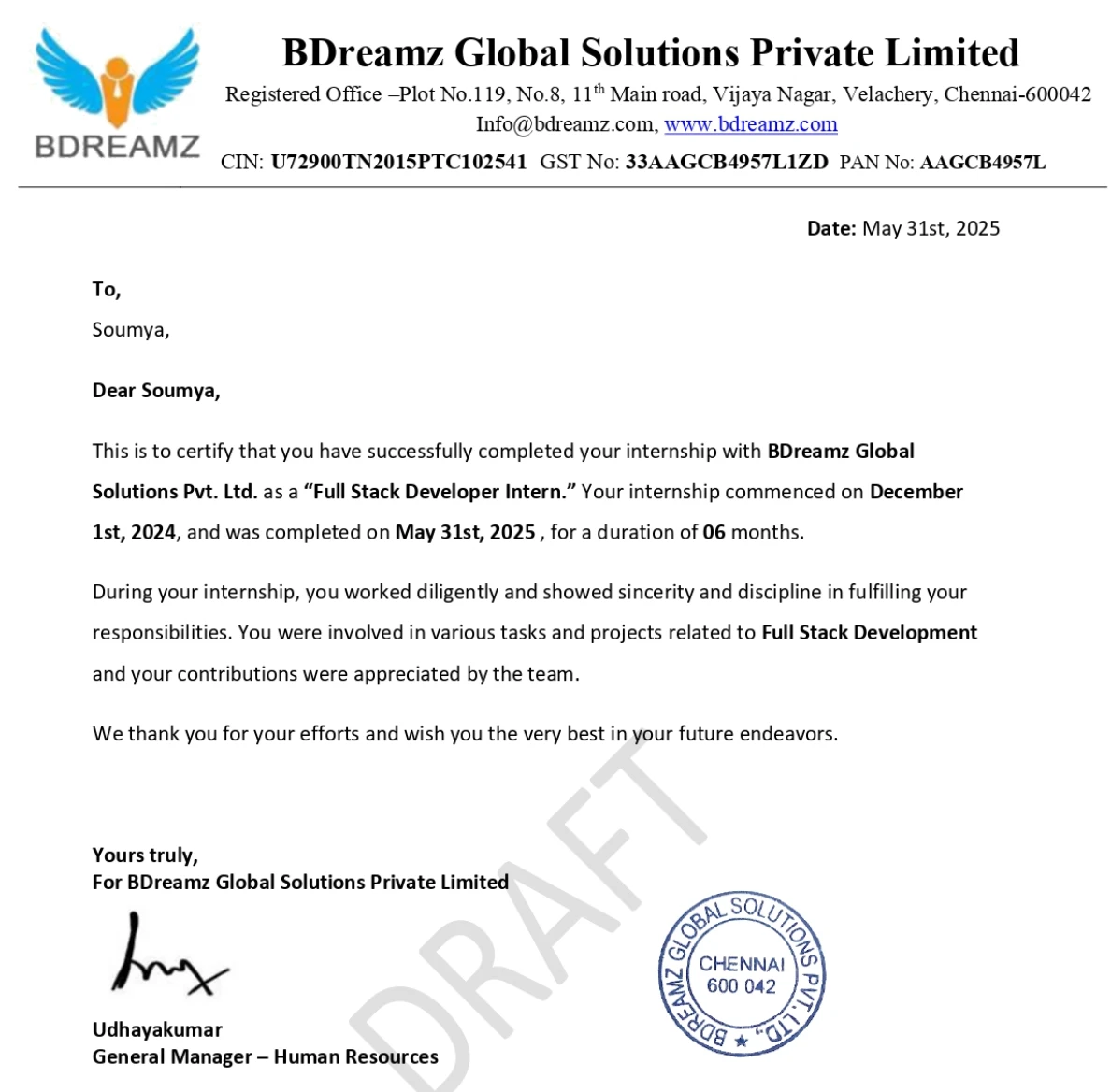 Letter for Internship Completion
Letter for Internship Completion
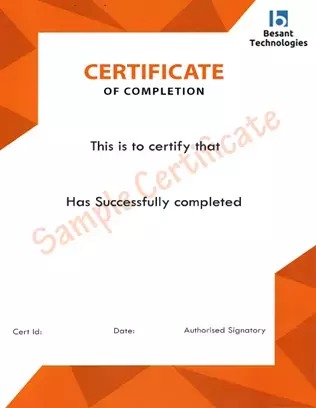 Course Completion Certificate
Course Completion Certificate
